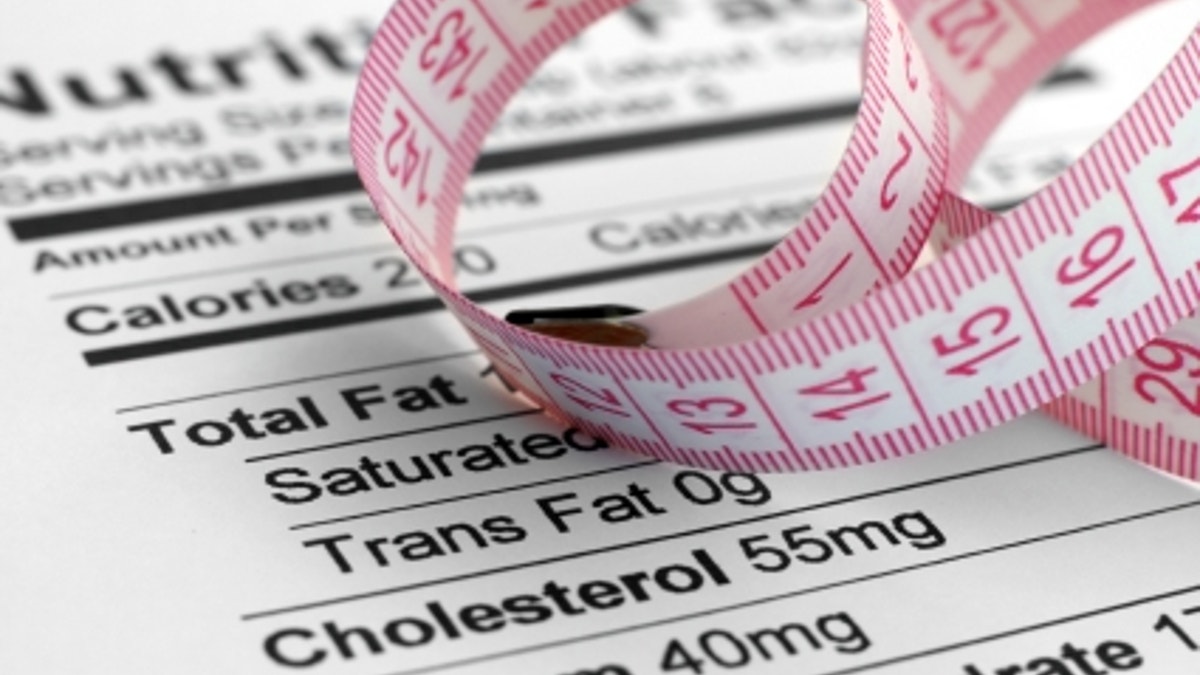
See you later, trans fats. Earlier this year, the Food and Drug Administration (FDA) announced a proposal to ban artificially produced trans fats.
Trans fats come from the process of turning liquid oil to a solid substance at room temperature. As a result, manufactured food can last for weeks or months on a shelf. (Think: ranch dressing.)
Mainly, they're linked to heart disease—raising levels of "bad" (LDL) cholesterol and lowering levels "good" (HDL) cholesterol. And if that’s not bad enough, a diet high in trans fats may increase the odds of dying from any cause by up to 24 percent, according to a 2013 study in the American Journal of Clinical Nutrition. (Did you know weight-training improves the quality of your "good" HDL? Click here to learn how to lower your heart attack risk.)
So do you have to throw out everything in your pantry? Not yet.
“Banning trans fats is an unnecessary move since it’s a non-issue for people who aren’t eating a diet of mostly processed junk food,” says Men’s Health nutrition advisor, Alan Aragon.
Many food companies have already removed the bad guys from products. In 2006, the FDA required trans fats to be listed on the label, prompting some to reduce the amount used or remove it entirely. That means the amount we consume has decreased from 4.6 grams in 2003 to about one gram per day, according to the FDA.
And that's good, because the American Heart Association recommends that we consume no more than two grams of trans fat per day, which can be present naturally in some dairy and meat. The natural version isn’t harmful, and will not be banned. (Safeguard your body's most important organ: 100 Ways to Protect Your Heart.)
However, they’re still hiding in some common foods, so be sure to check the ingredient list on commercial baked goods, fried foods, pie crusts, hot chocolate mixes, coffee creamers, or microwave popcorn. And even if your favorite fast food restaurant ditches trans fats, you’re still not out of the clear. Since the drive-thru diet offers little real nutrition, removing these oils alone won’t make junk food healthier.
For now, our advice holds: Follow a diet filled with fruits and vegetables, legumes, meat, whole grains, dairy, and sources of good fat like avocado, nuts, and seeds. That way, when you do occasionally scarf down a pre-packaged doughnut—whether it contains trans fats or not—you’ll be fine. (In addition, load up on these 3 Surprising Heart-Healthy Foods.)
